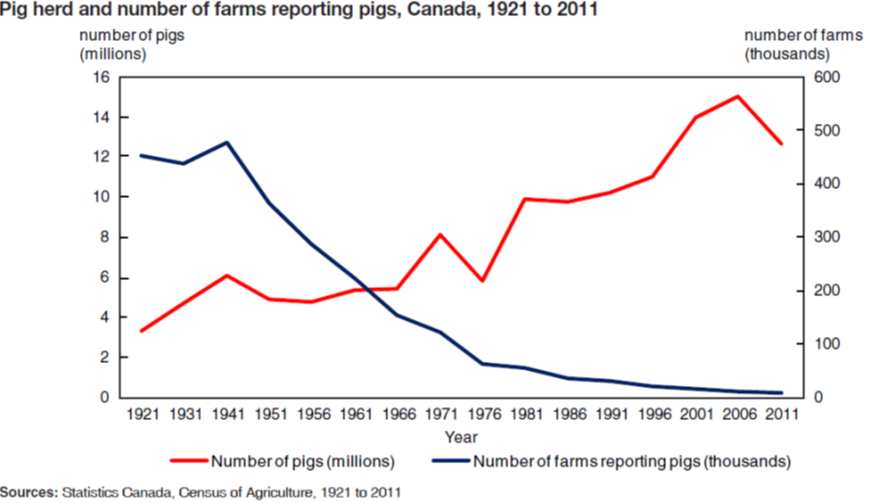Last week in Berlin, Arbeitsgemeinschaft bäuerliche Landwirtschaft e.V. (ABL), Meine Landwirtschaft (a broad platform of over 50 organizations demanding an alternative agricultural system), PowerShift and Institute for Agriculture and Trade Policy (IATP) Europe launched the German version of our report Selling Off the Farm to highlight why trade agreements such as the Comprehensive Economic and Trade Agreement (CETA, between Canada and the EU) and the Transatlantic Trade and Investment Partnership (TTIP, between the U.S. and EU) will be disastrous for European agriculture. Given that German farmers are struggling in one of Europe’s biggest farm crises, a rise in imports from North American “factory” farms, lax food safety rules and greater corporate control will make an agriculture deal in CETA and TTIP very costly and perhaps the last straw for European family farms.
Like the European Parliamentarians in Brussels, ministers of the German Parliament (Bundestag) were surprised to learn how integrated the North American meat market is and even more shocked to learn that only two companies control 90 percent of the beef sector in Canada and only four in the U.S.
If CETA is implemented, 50,000 tonnes of beef (largely fresh, but nearly 1/3 frozen) will be allowed into the EU market on top of the 11,500 tonnes of high quality “Hilton beef” exports shared between the U.S. and Canada (granted after the WTO hormone dispute). CETA will allow Canadian Hilton beef to enter duty-free into the EU market. In addition, EU will allow 80,000 additional tonnes of Canadian pork duty free as part of CETA.
While the EU dismisses these significant volumes as only 0.04 percent and 0.06 percent respectively of total European beef and pork produced—European farmers calculate a very different conclusion:
For several years, Canadian pork has sold for up to 60 percent less than European pork. In 2014, despite the price crash in the European pork sector, the Canadian price was still 25 percent lower. In part this is because Canadian pork producers are paid 15-35 percent less than their European counterparts. Should CETA allow for an opening of those markets, under current conditions Canadian producers would be able to offer their products in the EU at a much cheaper price than comparable EU producers.1
Pork Farmer and ABL Chair Martin Schulz, who was present at meetings at the Bundestag and at our public debate with MPs, emphasized that even small quantities of pork imports dramatically depress prices in the EU since the EU market has a surplus. The imports allowed through CETA would be devastating to thousands of independent pork farmers who cannot compete with the vertically integrated contract farming system of North American pork production.
The extreme concentration and contract system has created a dramatic shift out of pork farming in Canada and competition with this North American giant is likely to speed up the transformation of European family farms into contract labor as well:

The Canadian meat industry lauds CETA, indicating that it would create many more jobs in the country’s meat sector. It also looks forward to the technical negotiations to remove any other trade barriers in the form of food safety (such as chemical rinses to wash meat carcasses) –indicating quite clearly that the industry plans to use the built-in regulatory cooperation agenda in CETA to continue lowering EU standards once the agreement is enacted.
Germany was the second stop for our Selling Off the Farm tour as Sujata Dey from Council of Canadians and IATP’s Sharon Treat continue this week through Hungary, France, Slovenia and Poland. Along the way, they are highlighting the fundamentally different structures of the North American and European agriculture market and why these agreements would hurt European agricultural producers.
1. “CETA’s threat to agricultural markets and food quality.” In Making Sense of CETA, 2nd Edition, pgs. 51-58.: https://power-shift.de/making-sense-of-ceta-en/
